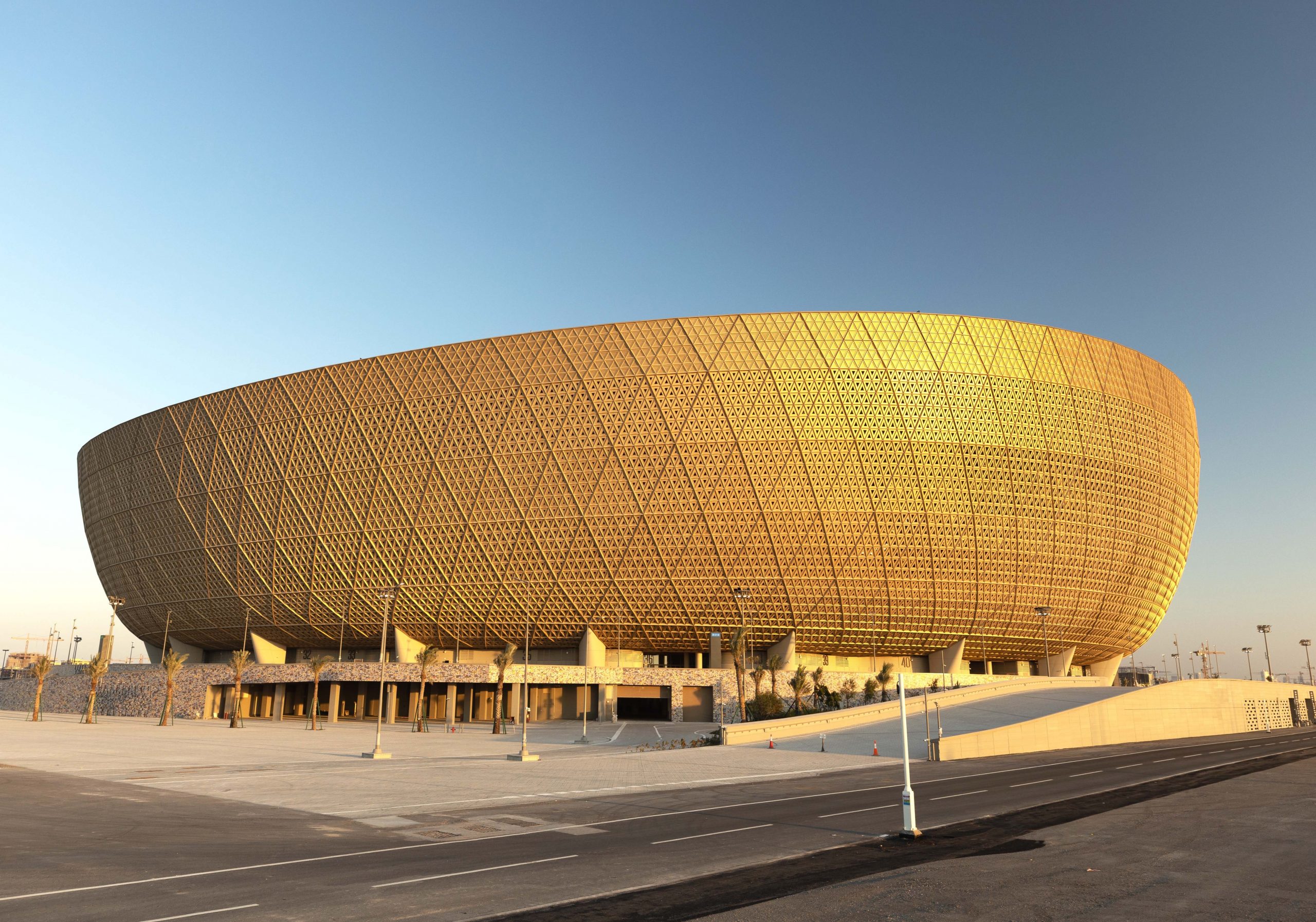Controversy has surrounded the world’s largest football event ever since Qatar was chosen as the host in December 2010.
Qatar has been criticised for its stance on same-sex relationships, its human rights record, and its treatment of migrant workers.
Since the announcement Qatar has been building an infrastructure that will be able to accommodate the estimated 1.5m guests.
According to several NGOs, a number of migrant workers have died during the push to finish the projects quickly.
In 2010, the death rate from injuries to construction workers in Qatar was 23 out of 100,000 people, and in 2015, it was 15 out of 100,000.
Injuries accounted for about a fifth of deaths, with non-communicable diseases such as cancer and heart disease, accounting for about half.
Chief executive of the tournament Nasser al Khater says the numbers published “are not accurate and do not reflect the reality for construction workers on World Cup sites”.
He told Sky News in November: “We have been unfairly treated.”
In Qatar, foreign workers make up 90% of the population, most of whom are low-skilled and low paid.
There were said to be more than 2 million migrant workers from places like Nepal, and Bangladesh, recruited for the construction in preparation for the 2020 World Cup.
Working conditions
In the past, Qatar used the Kafala system where employers have total control over their employees, however, the flawed system was officially abolished in 2020 after years of pressure from human rights activist groups.
Though new measures were introduced to protect living and working conditions for migrant workers, it was reported that forced labour still very much thrives in the current work environment.
Workers had to pay recruitment fees out of their own pockets, which would take them more than a year to pay off with their minimum salary.
Even then, wages were allegedly held up for months, passports confiscated to prevent workers from switching employers or leaving the country.
In August 2022, 60 migrant workers were detained or deported after their protest against their mistreatment.
Some footballers have organised peaceful protests, while England’s Harry Kane and nine other captains of European teams will wear armbands that read “One Love” to promote diversity and inclusion.
In protest, no matches will be streamed in public areas in France, along with other French cities, despite France being the defending champions.

